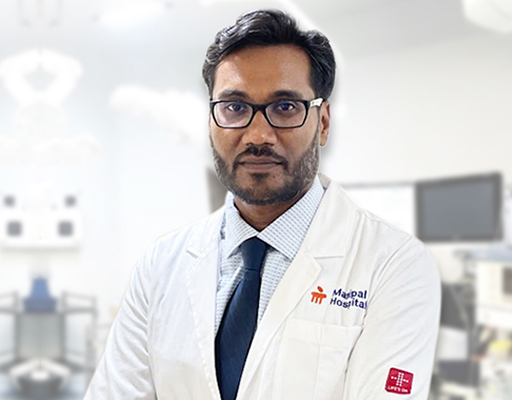-

Here we have compiled most commonly asked questions regarding hernia and hernia surgeries and options available for treatment.
What is a hernia?
A hernia occurs when an organ ( intra abdominal fat , small bowel , colon, stomach or solid organs ) pushes or protrudes through an opening in the muscle or fascia. The most common hernias are hernias that occur within the abdominal wall like incisional , inguinal, ventral and umbilical.
Do hernias cause symptoms? What are the symptoms to look out for ?
Most hernias do not cause symptoms apart from a bulge. Some bulges may appear or disappear based on posture ( inguinal hernias ). Some may become harder and stay on as a hard bulge ( incarcerated hernia ). Some may require immediate attention because they can cause life threatening symptoms. It is very important that you see a hernia specialist if you are suffering from pain on and off, constant pain associated with hernia. If you have nausea , vomiting and severe abdominal pain it means that you need to seek immediate attention and help for your doctor who is a specialist in hernias.
What are the different types of hernia?
There are various types of hernia. Based on the location of the hernia, hernia are classified as inguinal hernia or femoral hernia which is located in the groin. Umbilical hernia ( belly button hernia) or ventral or epigastric hernia which is hernia occurring through the anterior abdominal wall. Incisional hernia is a hernia through a prior incision. There are also other various special types of hernia which include internal hernia, Hiatal hernia ( hernia of the stomach ) ,lumbar and other named hernias.
What increases the risk of developing hernias?
Some hernias occur spontaneously because of weakness of the muscle or fascia. A classic example is belly button hernia or umbilical hernia. This hernia occurs through the umbilicus or belly button which is the weakest part of the abdominal wall. Other situations where you are at increased risk of developing hernia include previous surgeries, chronic coughing or chronic lung disease (COPD), obesity , strenuous exercise or lifting heavy weights, chronic constipation, or multiple pregnancies
Some patients who smoke also are at increased risk of developing hernias.
Patients who take steroids or other immunosuppressive medications are also at risk of developing hernias .
Do all hernia need surgery ?
All hernias that are causing symptoms will need surgical treatment. You will need to be evaluated by a hernia specialist. Complete clinical examination and investigations like computed tomography and or ultrasound scan will need to be performed. Some hernias can be managed without surgery, but this should be evaluated by a best doctor in hernia treatment.
What are the options in hernia treatment?
There are various options in hernia treatment. You will need to be seen and evaluated by the best hospital for hernia treatment. Hernia treatment without surgery is something you will need to discuss with your surgeon beforehand.
Surgery for hernia is better performed by a specialist for best results. There are various options for surgery which include minimally invasive or laparoscopic surgery or open surgery. Hernia surgeries are the most common operations but best outcomes of hernia surgery is possible only by specialized hernia centers or centers of excellence
What are the complications related to hernia?
There are none or minimal risks related to hernia surgeries when performed by hernia specialists in Hernia centers of excellence. Hernia surgeries like laparoscopic inguinal hernia surgery , umbilical hernia surgery , ventral hernia surgery or incisional hernia surgery are all performed on a daycare basis and patients can be discharged home within 24hrs of surgery. Herniorrhaphy or hernioplasty surgeries are previously performed surgeries and you will need to discuss with your surgeon about which surgery is suitable for you.
Can you prevent hernias?
You can’t always prevent a hernia from developing. You can always make some simple lifestyle changes that will help improve your physical abilities and help you prevent getting hernias.
Here are simple lifestyle changes that will minimize your changes of developing hernias:
-
Stop smoking
-
Try not to strain while having a bowel movement or during urination.
-
Eat plenty of high-fiber foods to prevent constipation
-
Perform exercises that help to strengthen the core muscles of your body
-
Avoid lifting weights that are too heavy for you
-
See your doctor when you have a persistent cough.
-
Maintain a healthy body weight.
Also Read: LAPAROSCOPIC VS. ROBOTIC HERNIA SURGERY REPAIR, WHICH ONE IS RIGHT FOR YOU?

Author: DR. MANJUNATH HARIDAS (MD FACS FICS)
Dr. Manjunath Haridas is one of the leading surgeons for Gastrointestinal Sciences in Whitefield, Bangalore. His area of expertise includes Gastrointestinal Surgery - Colon Rectum, Foregut Advanced Laparoscopic Surgery, and Minimally invasive surgery. He is Honored by the American Board of Certification, fellow Of the American College of Surgeons, SAGES membership and more.
-

